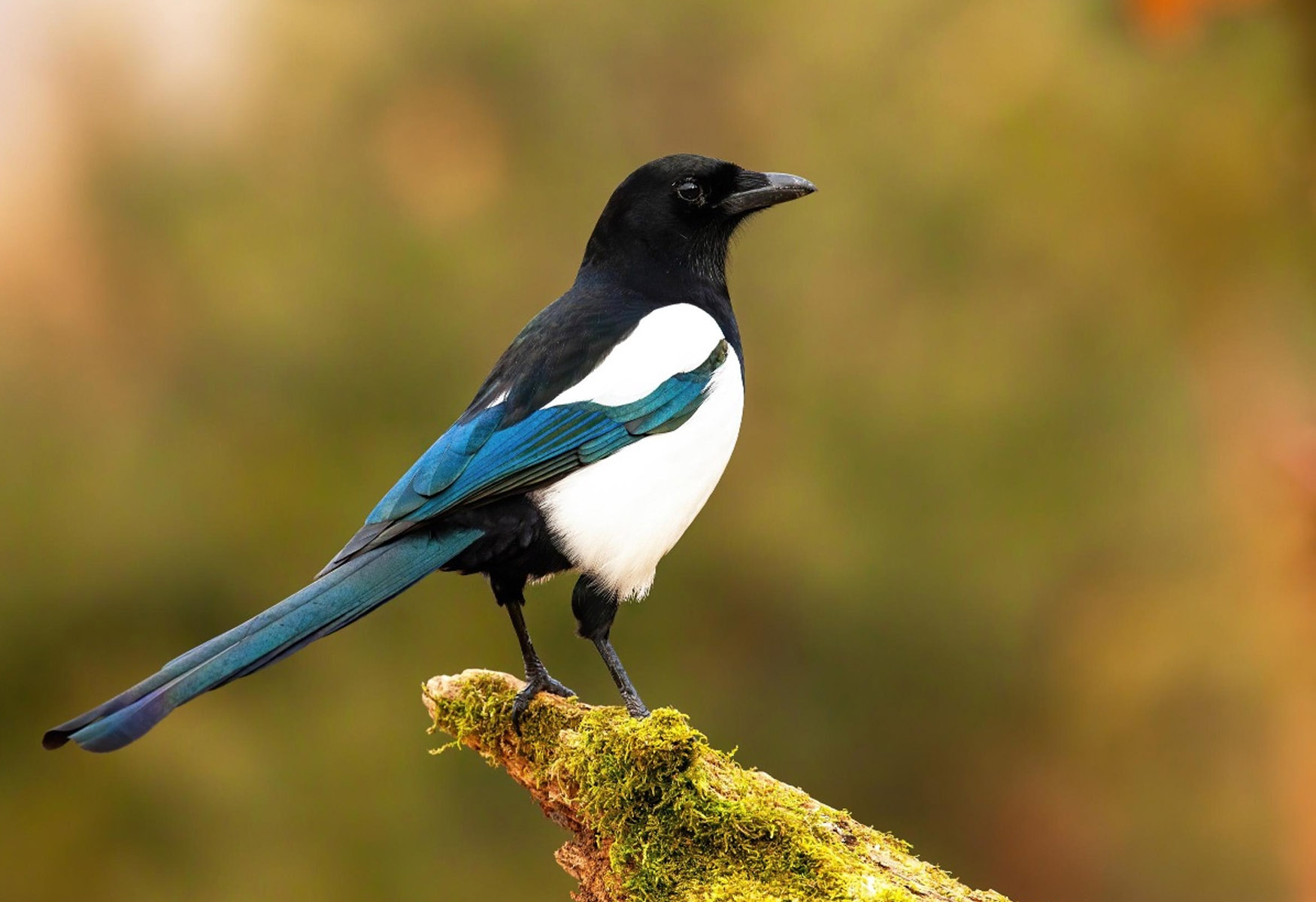
Magpies are fascinating creatures known for their distinct appearance and intelligent behavior. These birds have captured the curiosity of humans for centuries, inspiring legends and superstitions across various cultures. With their striking black and white plumage, long tails, and sharp eyes, magpies stand out in the avian world.
In this article, we will explore 19 interesting facts about magpies that will amaze and enlighten you. From their remarkable problem-solving abilities to their complex social structures, magpies are truly remarkable creatures. So, get ready to dive into the captivating world of magpies and discover why they have captured our imaginations for centuries.
Key Takeaways:
- Magpies are super smart and social birds that can mimic sounds, build impressive nests, and even recognize themselves in a mirror. They are also known for their thieving behavior and elaborate courtship rituals.
- Magpies are widespread and adaptable birds that play a vital role in controlling insect populations and dispersing seeds. They have a striking black and white plumage and have been featured in folklore and literature for their intelligence and mystery.
Magpies are highly intelligent birds.
These fascinating creatures are known for their exceptional problem-solving skills and ability to mimic sounds.
Magpies belong to the crow family.
They are closely related to crows, ravens, and jays.
Magpies are known for their black and white plumage.
The contrast of their glossy black feathers and white markings on their wings and belly make them visually striking birds.
Magpies are excellent nest builders.
They create large, sturdy nests made of sticks, lined with grass and mud.
Magpies are highly territorial.
They fiercely defend their nesting territories from other birds and animals.
Magpies are highly opportunistic feeders.
They have a varied diet that includes insects, fruits, seeds, small mammals, and even other birds’ eggs.
Magpies are known for their thieving behavior.
They have a reputation for stealing shiny objects and hoarding them in their nests.
Magpies are skilled mimics.
They can imitate a wide range of sounds, including human voices, car alarms, and other bird calls.
Magpies are social birds.
They often gather in small groups called “parliaments” or “towers”.
Magpies are believed to be highly intelligent.
They have been shown to recognize themselves in a mirror, a cognitive ability only a few animals possess.
Magpies are known for their elaborate courtship rituals.
Males perform acrobatic flight displays and bring gifts to females to impress them.
Magpies mate for life.
Once they find a partner, they stay together for their entire lives.
Magpies have been associated with superstitions.
In some cultures, they are considered either a sign of good luck or bad luck.
Magpies have a wide distribution.
They can be found in various parts of the world, including Europe, Asia, Africa, and Australia.
Magpies are known for their vocalizations.
They have a complex vocal repertoire consisting of different calls and songs.
Magpies are highly adaptable birds.
They can thrive in a variety of habitats, from forests and woodlands to urban areas and farmlands.
Magpies are excellent fliers.
They are agile and have strong wings, allowing them to perform impressive aerial maneuvers.
Magpies have been featured in folklore and literature.
They are often associated with intelligence, cunning, and mystery in stories and legends.
Magpies play an important ecological role.
They help control insect populations and aid in seed dispersal.
Conclusion
In conclusion, magpies are fascinating creatures that capture our attention with their distinctive appearance and behavior. With their striking black and white plumage and melodious song, they have become a favorite subject for bird enthusiasts and nature lovers alike. But magpies are more than just visually appealing; they possess a range of interesting traits and behaviors that set them apart from other birds. From their intelligence and mimicry skills to their complex social structure, magpies continue to intrigue scientists and researchers.
Next time you spot a magpie in your backyard or while out on a hike, take a moment to appreciate the incredible nature of these winged wonders. Their presence is a reminder of the diverse and remarkable animals that share our world.
FAQs
Q: What do magpies eat?
A: Magpies are omnivorous birds and have a varied diet. They primarily feed on insects, worms, and other invertebrates. They also consume fruits, seeds, nuts, and even small mammals or birds.
Q: Do magpies really steal shiny objects?
A: While magpies have a reputation for being attracted to shiny objects, the idea that they “steal” them is a bit of a myth. Magpies are highly curious and may collect small, reflective items out of curiosity or to decorate their nests.
Q: Are magpies intelligent birds?
A: Yes, magpies are known for their intelligence. They have demonstrated problem-solving skills and can recognize themselves in mirrors, which indicates a level of self-awareness. They also have excellent memory and can remember locations of food sources and caches.
Q: Do magpies mate for life?
A: Yes, magpies are generally monogamous and form long-term pair bonds. They mate for life, or until the death of their partner. In some cases, however, if a partner dies, a magpie may find a new mate.
Q: Are magpies considered pests?
A: While magpies can be territorial and may display defensive behaviors during breeding season, they are not considered pests. They play an important role in the ecosystem by controlling insect populations and helping to disperse seeds.
Was this page helpful?
Our commitment to delivering trustworthy and engaging content is at the heart of what we do. Each fact on our site is contributed by real users like you, bringing a wealth of diverse insights and information. To ensure the highest standards of accuracy and reliability, our dedicated editors meticulously review each submission. This process guarantees that the facts we share are not only fascinating but also credible. Trust in our commitment to quality and authenticity as you explore and learn with us.


